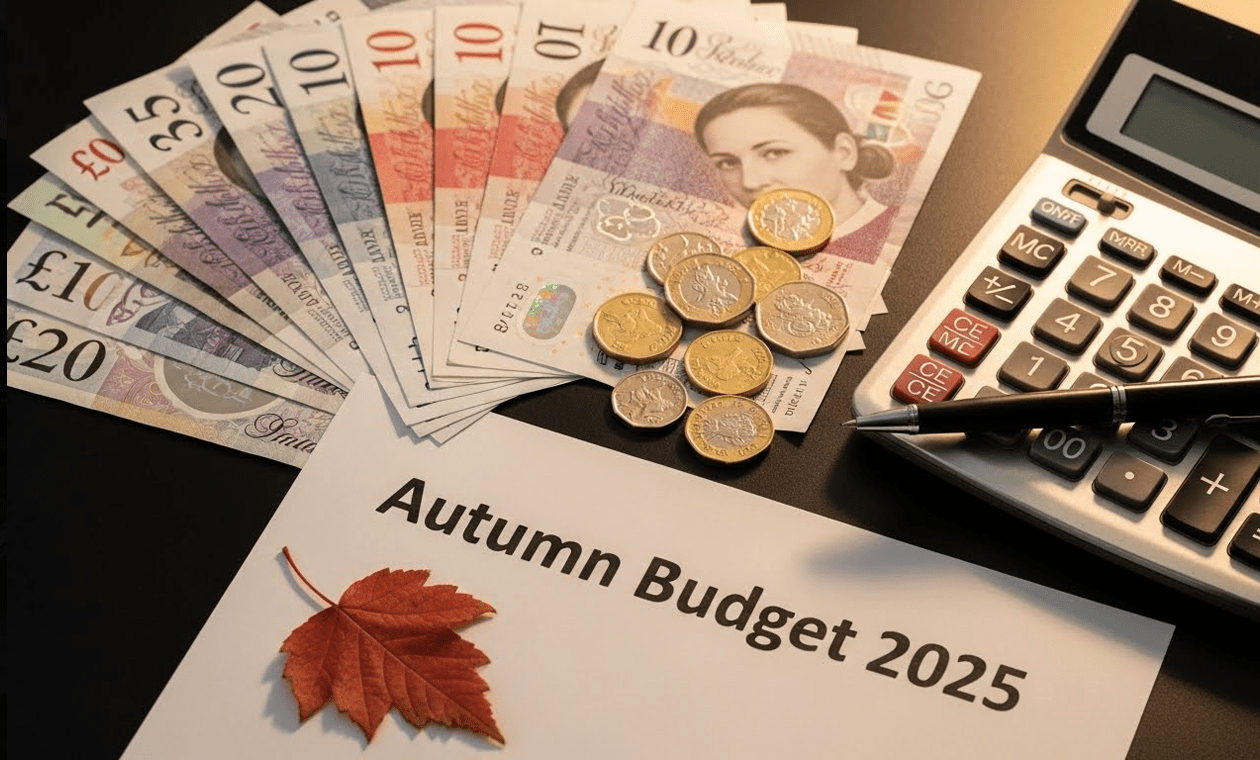Due to the high increase in global oil and gas prices, the inflation rate in the UK is running at 9%. The public authority has gone under strain to offer more monetary help for families confronting a living cost increase. One idea was to introduce a one-off tax on the ‘windfall’ profits of oil and gas companies, which have risen substantially following the spike in energy prices. And on Thursday, Finance Minister Rishi Sunak unveiled the new 25% tax on the profits of energy producers with an aim to help the country’s energy supplies and security to stop the worldwide energy cost emergency growing into a stockpile emergency.
You might be wondering what windfall tax is and why it is being imposed in the UK? The answer to this riddle is that a windfall tax is levied against companies deemed to have made excessively high profits, or a ‘windfall’, from circumstances they did not engineer. They are time-limited and are usually applied retrospectively on profits, and according to a poll conducted by a firm, 63% of the UK public supports this levy.

According to the windfall tax document made public by the government: “the levy, a new ‘super-deduction’ style relief is being introduced to encourage firms to invest in oil and gas extraction in the UK.” That’s what the public authority added “The new 80% Investment Allowance will mean organizations will generally speaking get a 91p duty putting something aside for each £1 they contribute – furnishing them with an extra, quick motivator to contribute.

It means that the UK government has given oil companies an escape hatch through which they can not only avoid the tax but can perpetuate the problem of dependence on volatile oil and gas, as well as climate change. This nearly doubles the tax relief available and means the more investment a firm makes, the less tax it will pay.
According to the advisors at Legend Financial, a higher duty on company profits would mean, in addition to other things, a lower profit paid out by the organization and possibly a lower share cost than in any case. This would bring down the wages of investors, and since the pensioners hold an enormous extent of UK shares, this could unfavorably affect the household pensions.
References
Sunak pressed to impose energy windfall tax. (n.d.). Retrieved from Financial Times: https://www.ft.com/content/5a2cde0c-cae6-4c3a-bc89-6f51b0dce1c3
U.K. imposes windfall tax on oil and gas company profits as inflation bites. (n.d.). Retrieved from The Washington Post: https://www.washingtonpost.com/world/2022/05/27/britain-windfall-tax-oil-gas-inflation/
UK Windfall Taxes—It’s a Matter of Politics. (n.d.). Retrieved from Bloomberg Tax: https://news.bloombergtax.com/daily-tax-report-international/uk-windfall-taxes-its-a-matter-of-politics
What is a windfall tax? (n.d.). Retrieved from UK in a Changing Europe: https://ukandeu.ac.uk/the-facts/what-is-a-windfall-tax/
Windfall taxes. (n.d.). Retrieved from Institute for Government: https://www.instituteforgovernment.org.uk/article/explainer/windfall-taxes







